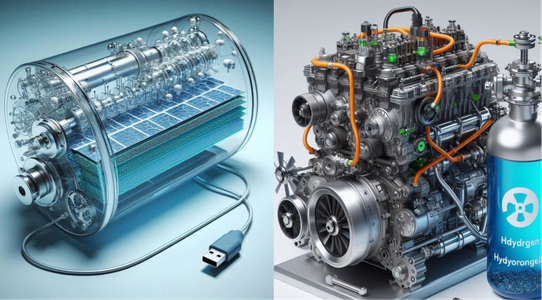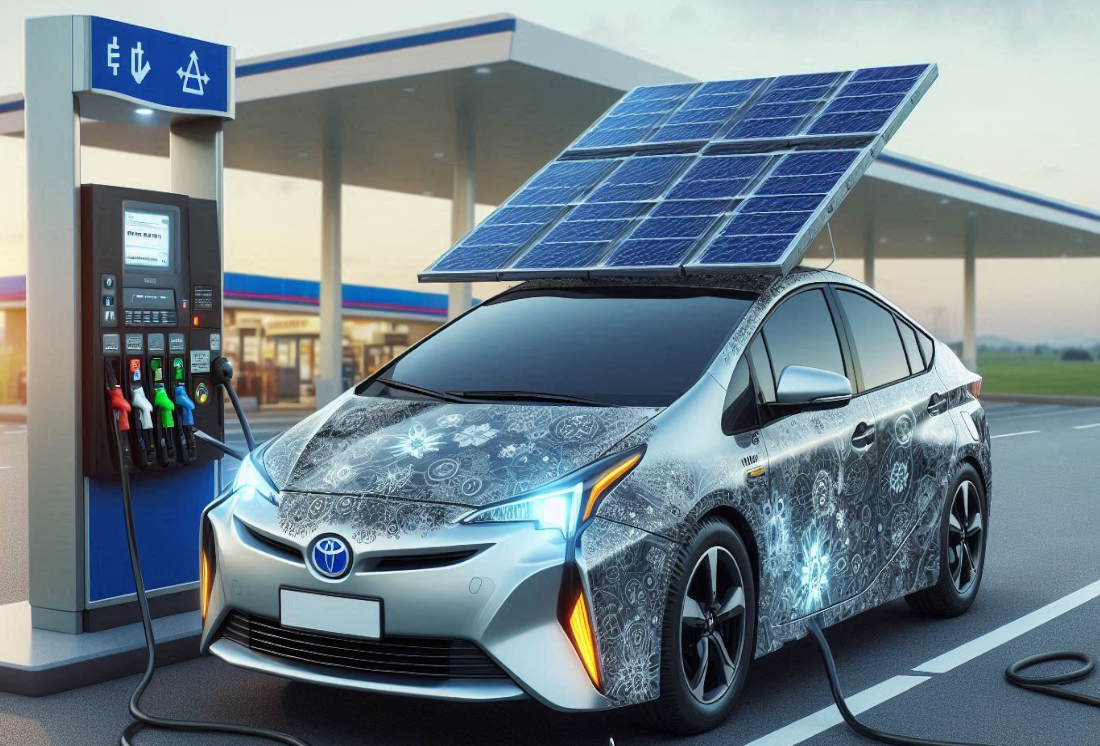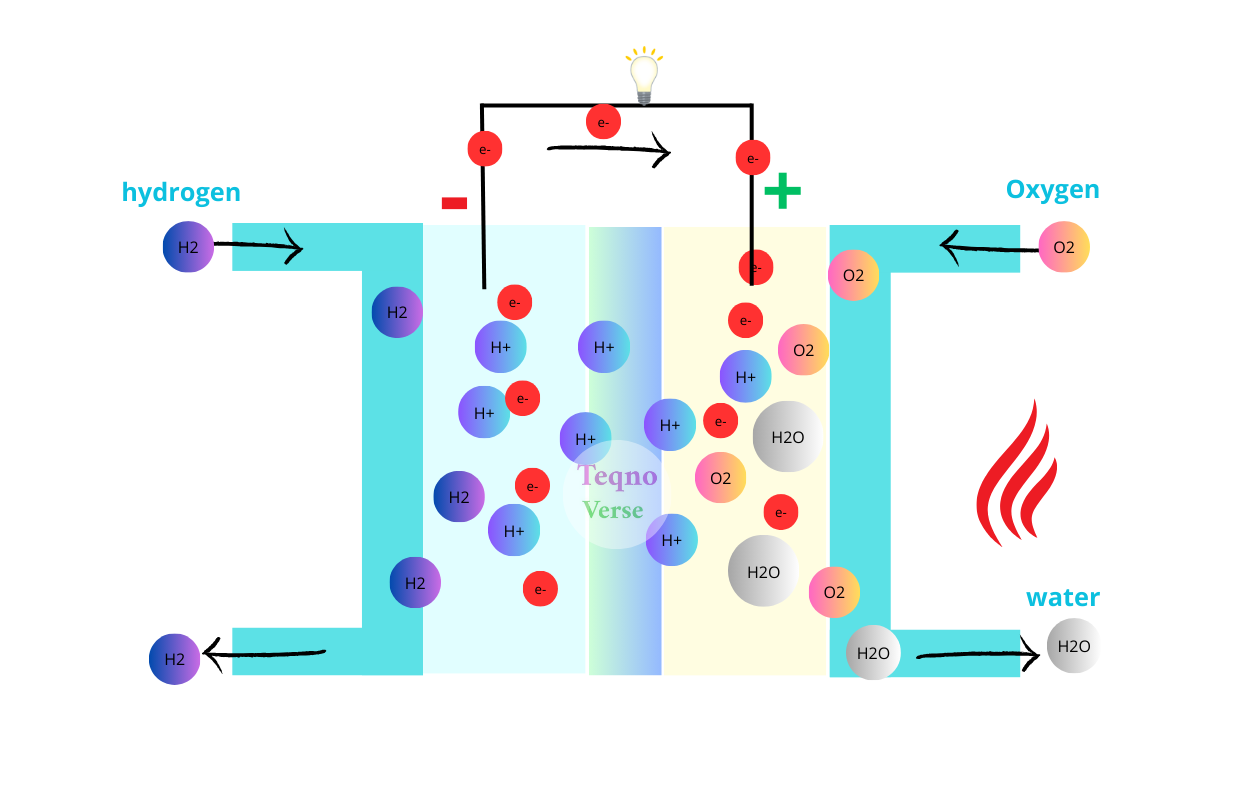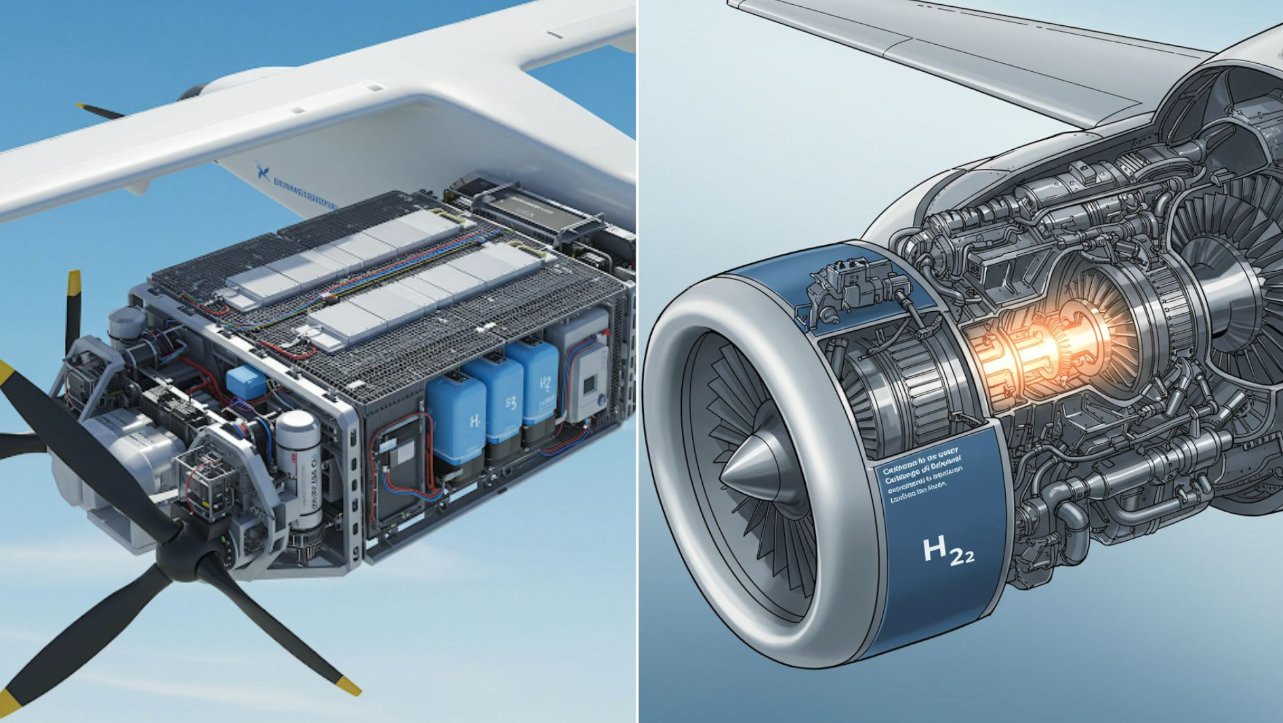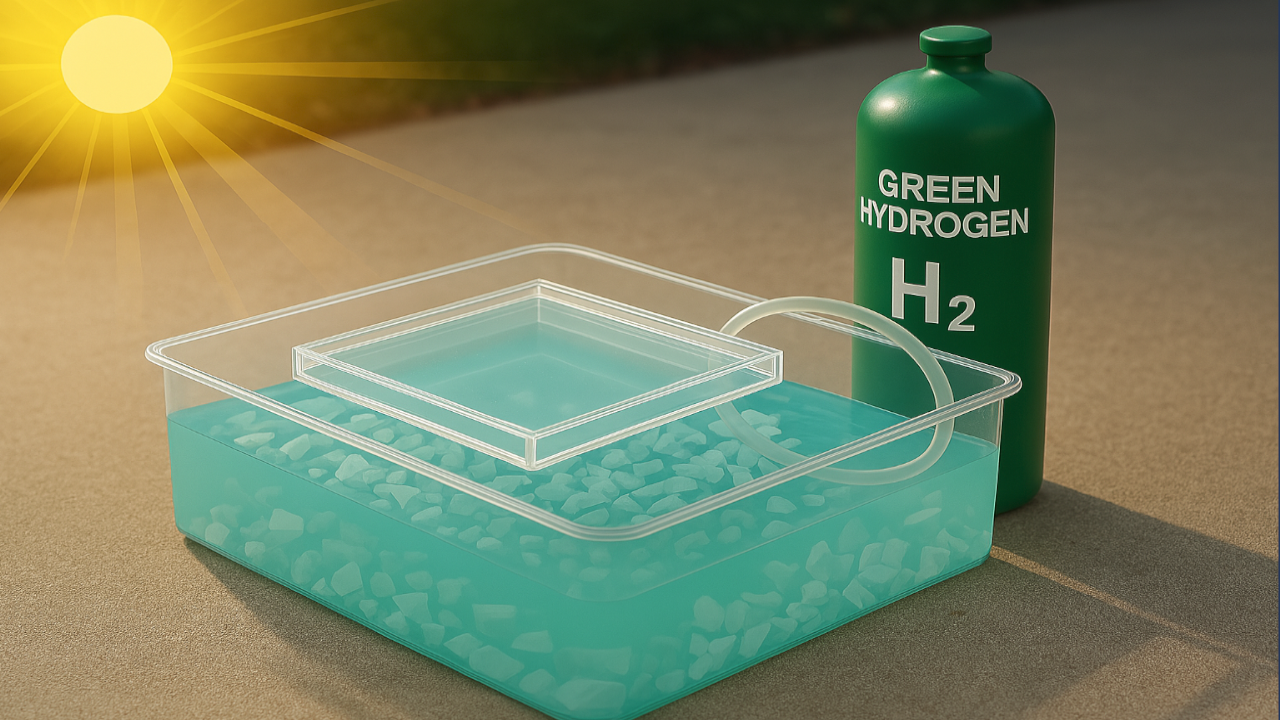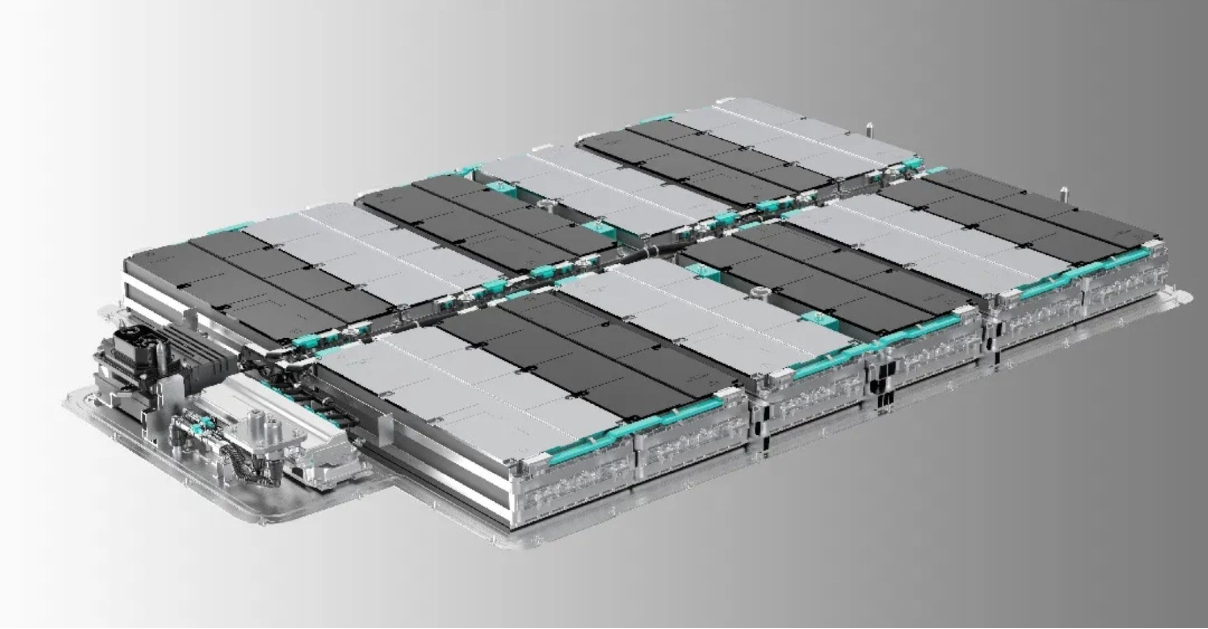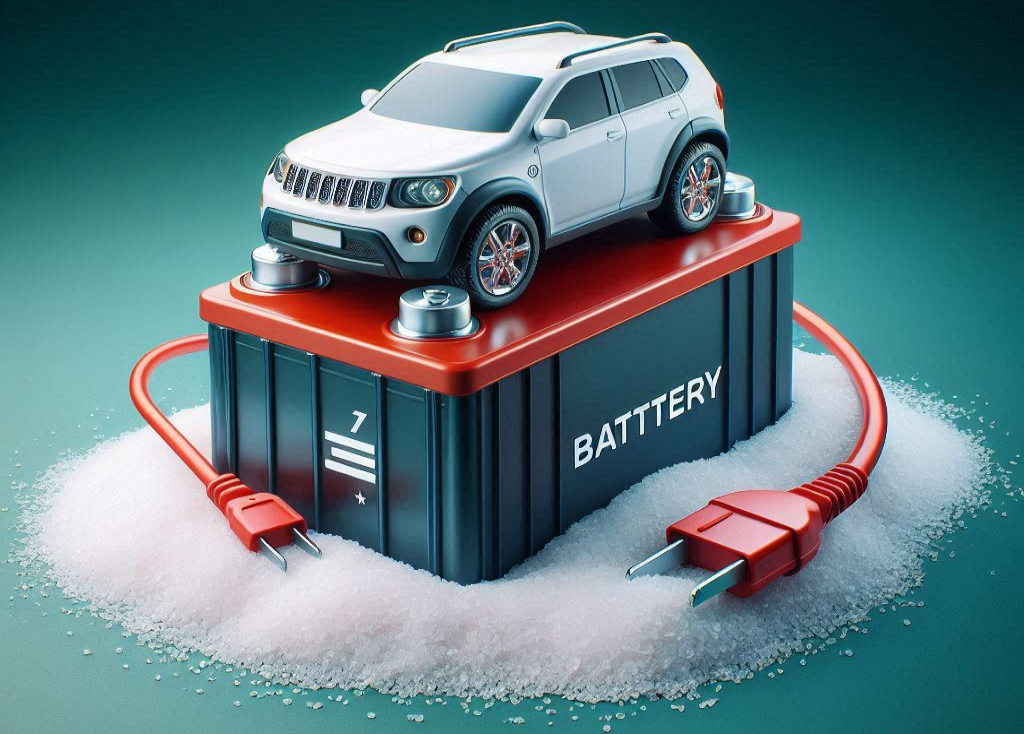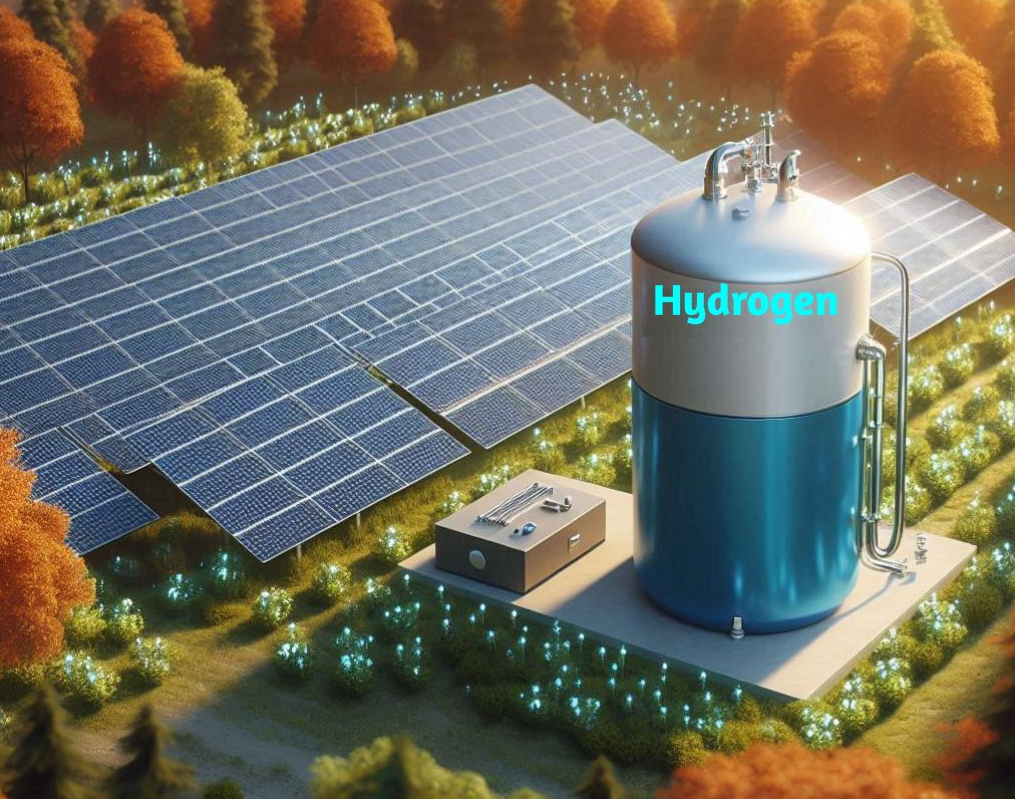While both hydrogen engines and hydrogen fuel cells use hydrogen fuel, they differ in how they convert it into usable energy. Hydrogen fuel cells create electricity through a clean electrochemical reaction, powering electric motors. In contrast, hydrogen engines burn the fuel like gasoline or diesel, generating power through combustion.
Hydrogen Internal Combustion Engine (HICE) Vehicles
HICE vehicles share similarities with traditional gasoline-powered cars. They burn hydrogen gas with air to create combustion, which generates pressure to power the car’s wheels.
Hydrogen engines hold promise for a familiar driving experience with potential environmental benefits. Their simpler design translates to easier manufacturing and lower upfront costs compared to hydrogen fuel cells. Additionally, they can operate on a wider range of hydrogen purities, offering greater flexibility in fueling infrastructure. However, these advantages come with trade-offs. They produce harmful nitrogen oxide (NOx) emissions, contributing to air pollution.
Hydrogen Fuel Cell Electric Vehicles (FCEVs):
Instead of combustion, the car utilizes a process called reverse electrolysis. Here, hydrogen gas reacts with oxygen from the air in an electrochemical conversion, generating electricity and releasing only water vapor as a clean byproduct. This electricity then powers the electric motor, propelling the vehicle.
Fuel cells are environmentally friendly and do not produce any harmful emissions. They are also highly efficient compared to hydrogen engines, with very little energy waste, and they operate more quietly as there are no pumping or combustion processes. However, their manufacturing and maintenance are more complex and expensive. Additionally, for optimal performance, they require very pure hydrogen.
Present and Future
Unlike fuel cell electric vehicles (FCEVs), which are seeing limited commercial release, hydrogen combustion engines are not yet on the road. Their use is currently restricted to racing and experimental applications. However, Toyota recently unveiled a new design for a liquid-hydrogen engine, hinting at a potential future for this technology.
In terms of environmental impact, hydrogen cells are better, but they are more expensive and harder to maintain. In terms of performance, hydrogen engines are stronger and have a greater range, making them a viable solution for those who care about both the environment and power.
As fuel cell technology matures, we can expect advancements that bridge the gap with hydrogen engines in terms of power and range. This could make them a more attractive choice for a wider range of consumers.
